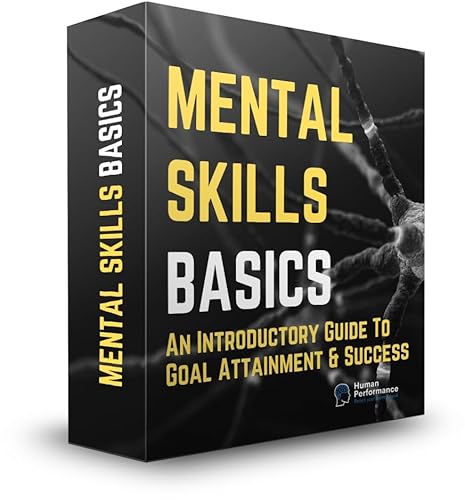
Peak Performer
Échec de l'ajout au panier.
Veuillez réessayer plus tard
Échec de l'ajout à la liste d'envies.
Veuillez réessayer plus tard
Échec de la suppression de la liste d’envies.
Veuillez réessayer plus tard
Échec du suivi du balado
Ne plus suivre le balado a échoué
-
Narrateur(s):
-
Auteur(s):
-
Larry G. Maguire
À propos de cet audio
peak.humanperformance.ieLarry G. Maguire
Épisodes
-
 Sep 27 202518 min
Sep 27 202518 minÉchec de l'ajout au panier.
Veuillez réessayer plus tardÉchec de l'ajout à la liste d'envies.
Veuillez réessayer plus tardÉchec de la suppression de la liste d’envies.
Veuillez réessayer plus tardÉchec du suivi du balado
Ne plus suivre le balado a échoué
-
 Sep 22 202512 min
Sep 22 202512 minÉchec de l'ajout au panier.
Veuillez réessayer plus tardÉchec de l'ajout à la liste d'envies.
Veuillez réessayer plus tardÉchec de la suppression de la liste d’envies.
Veuillez réessayer plus tardÉchec du suivi du balado
Ne plus suivre le balado a échoué
-
 Sep 4 202517 min
Sep 4 202517 minÉchec de l'ajout au panier.
Veuillez réessayer plus tardÉchec de l'ajout à la liste d'envies.
Veuillez réessayer plus tardÉchec de la suppression de la liste d’envies.
Veuillez réessayer plus tardÉchec du suivi du balado
Ne plus suivre le balado a échoué
Pas encore de commentaire


